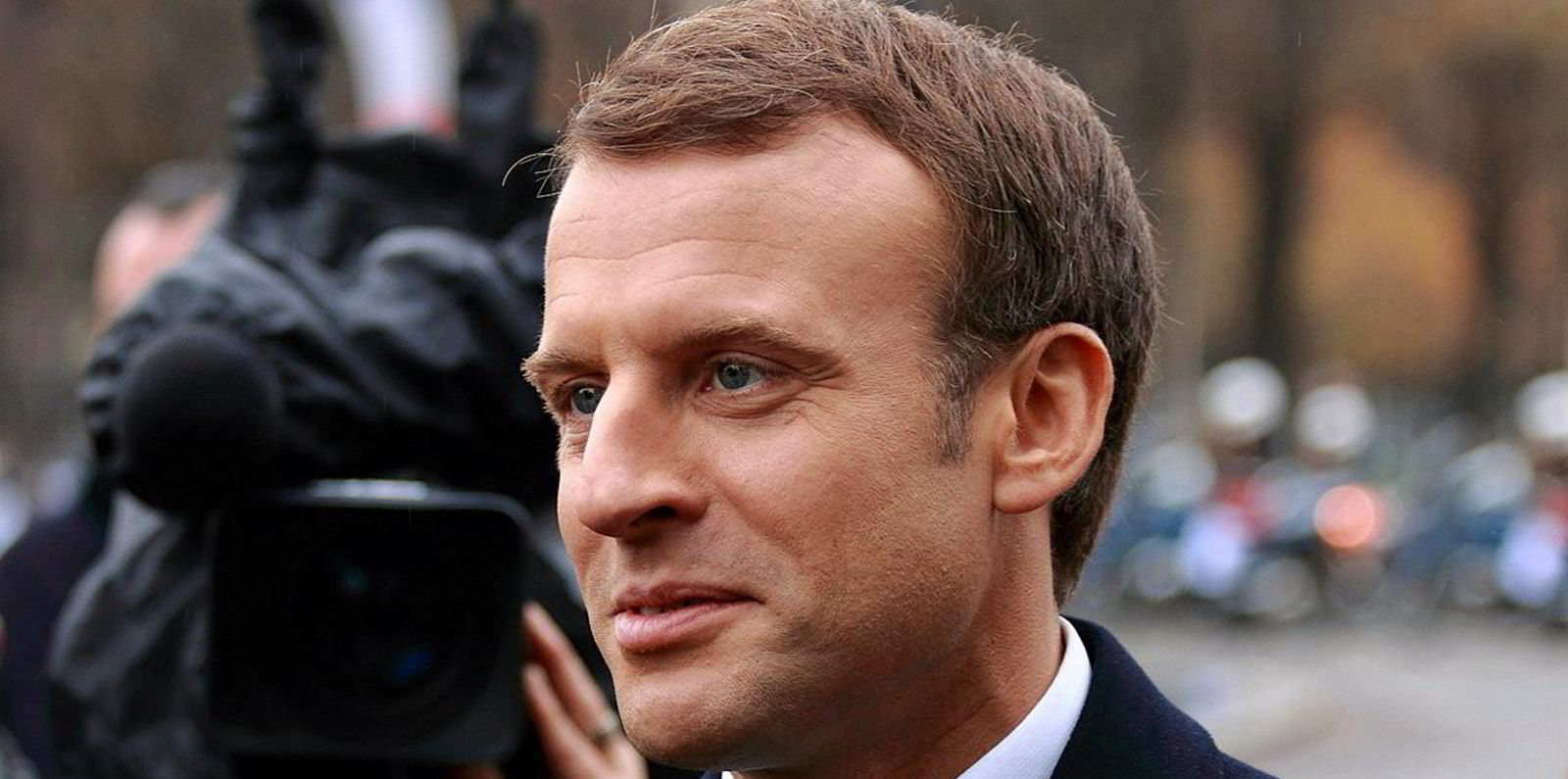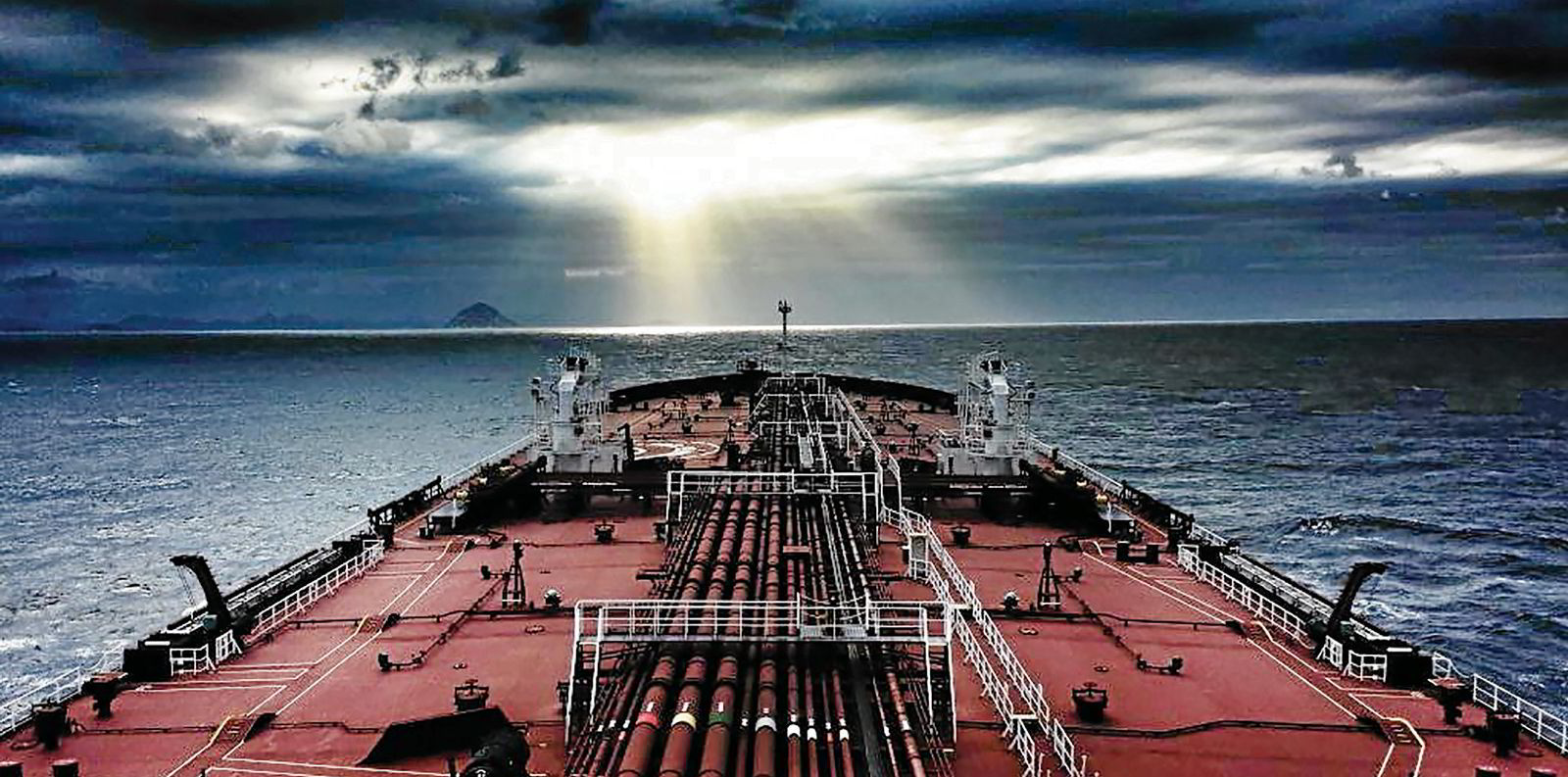The European Union (EU) is restricting exports of nautical equipment to Russia as it steps up retaliation for the invasion of Ukraine.
According to a tweet by the 27-nation bloc’s French presidency, EU officials meeting on Wednesday approved sanctions “targeting the maritime sector”.
An EU source told TradeWinds that the EU decision concerned mainly marine equipment, such as navigational instruments and related supplies.
The Official Journal of the European Union released later in the day on Wednesday states:
“It shall be prohibited to sell, supply, transfer or export, directly or indirectly, maritime navigation goods and technology... whether or not originating in the [European] Union, to any natural or legal person, entity or body in Russia, for use in Russia, or for the placing on board of a Russian-flagged vessel”.
The ban also applies to related broking, technical and financial services.
However, the EU seems to allow exceptions for non-military use.
“By way of derogation... competent authorities may authorise the sale, supply, transfer or export of the goods and technology... or the provision of related technical or financial assistance, for non-military use and for a non-military end-user, after having determined that such goods or technology or the related technical or financial assistance are intended for maritime safety,” the decision read.
Separately, the EU included the Russian Maritime Register of Shipping to the list of Russian state-owned enterprises subject to financing limitations.
The decisions were agreed at Coreper II, a meeting of permanent representatives of EU member states.
When it comes to transport, the EU has already announced tough sanctions against Russia’s aviation sector, including the effective ban of its aircraft from much of Europe’s air space.
The EU has been so far reluctant to announce any such far-reaching measures against commercial Russian vessels or directly against the nation’s energy sector.
Russian ships, however, have occasionally been intercepted by French authorities suspecting crews of violating the EU’s non-shipping sanctions.
On top of official sanctions, individual European companies have been shying away from Russian business. Liner giants AP Moller-Maersk, Hapag-Lloyd and Mediterranean Shipping Co, for instance, have temporarily halted bookings to and from Russia.
Apart from maritime equipment, the EU sanctions announced on 9 March apply against Russian businessmen considered close to the country’s president, Vladimir Putin, as well as against three banks in Belarus, which are excluded from the Swift interbank system.
“Questions relating to cryptocurrency questions are clarified and lists of technologies that can’t be exported [to Russia] are completed,” the French presidency said in its series of tweets without clarifying further.
((This article was updated after original publication to include formal announcements in the Official Journal of the European Union))




